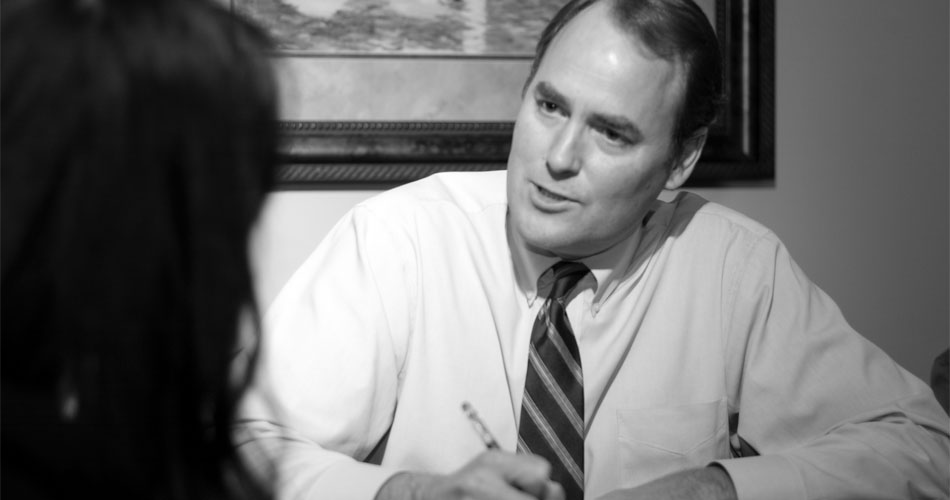When I mention the word “portability” to most of my clients, they look at me with glazed eyes and often ask whether it has anything to do with the cleanliness of the tap water. The 2010 Tax Act and the 2012 Tax Act dramatically changed the dynamics of estate tax planning for the vast majority of wealthier taxpayers. First, these Acts increased the exemption amount for estate, gift, and generation-skipping tax to $5,000,000, with an adjustment for inflation (in 2013, this means the estate tax exemption amount is currently $5,340,000), and it made this increase permanent. In addition, these Acts also added the concept of portability with respect to the estate tax exemption, providing a way to transfer the deceased spouse’s unused exemption to the surviving spouse.
What is Portability?
In general, the portability election allows the surviving spouse to preserve the deceased spouse’s unused exemption amount, without creating a specific kind of trust known as an A/B Trust, by making an election on a timely-filed estate tax return.
The portability election applies to the “DSUE amount” (i.e., the deceased spousal unused exclusion amount). The DSUE amount is the unused portion of the deceased spouse’s exemption. This DSUE amount is added to the surviving spouse’s basic exemption amount, so that when the surviving spouse passes away, his/her exemption could be considerably higher. However, unlike the basic exemption amount, the DSUE amount does not have a cost of living adjustment.
An example may be helpful here. Currently, the estate tax exemption amount for each spouse is $5,340,000. If a married couple has an estate worth $8,0 million, and all of the assets are community property assets, then $4.0 million of the assets would be allocated to the deceased spouse upon his/her death, and the balance would be allocated to the surviving spouse. If the surviving spouse makes the portability election, then the surviving spouse would have an overall exemption amount equal to $5,340,000 plus $1,340,000 (the unused portion of the deceased spouse’s exemption) for a total of $6,680,000. Thus, this higher combined exemption amount can be used by the surviving spouse to offset any estate tax liability when he/she dies in the future.
How is the Portability Election Made?
Generally, the deceased spouse’s Personal Representative (Arizona’s terms for executor) makes this election on a timely-filed estate tax return (also known as a 706 return). If there is no Personal Representative, the election may be made by any person in actual or constructive possession of the deceased spouse’s property. Absent the portability election, an estate tax return is not required unless the deceased spouse has an estate valued at more than one times the exemption amount (i.e., $5,340,000 this year). However, with portability, I now have a discussion with my clients about whether they want to file the portability election every time after the first spouse passes away. The issue usually comes down to the cost of the 706 return and whether the surviving spouse thinks that he or she will ever need the additional exemption amount in the future.
How Does This Change Planning For My Clients?
Several years ago, I recommended what’s called an A/B Trust for almost all of my married clients who had an estate worth more than one times the exemption amount. Now, the planning decision is more complicated for those clients whose estate is worth more than one times the exemption amount, but less than two times the exemption amount. Without going into all the details, typically I need to look at many factors to determine the best course of action, including the length of the marriage, whether it is a first marriage or second marriage, whether there are children from a prior marriage, who the beneficiaries are, the type of assets in the estate, asset protection issues, generation-skipping tax issue, and whether there is a chance for a considerable amount of appreciation between the deaths of the two spouses. The scope of this anlysis is beyond the scope of this blog.
Please call me today – 602.277.7000

Our firm has helped hundreds of families just like yours handle a wide variety of estate planning, probate, business planning, and elder law issues. When families or business owners are not getting along, we can also handle any disputes and litigation related to their businesses, wills, trusts, guardianships, or conservatorships. Please give me a call, so that I can help you work through these difficult issues with confidence.










